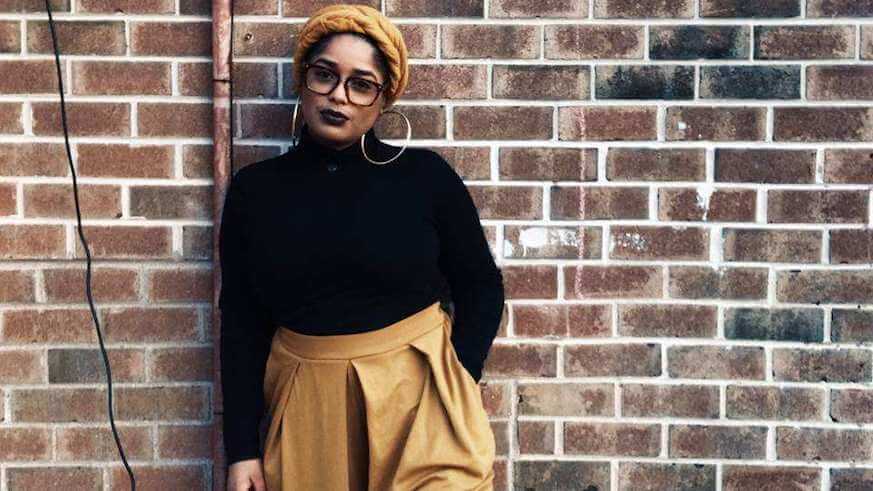Imagine speaking fluent Spanish, growing up listening to salsa and bachata music and loving your mother’s arroz con pollo– only to be treated differently by people you meet because you don’t “look Hispanic.” For many Afro-Latinx people in Philadelphia, this is all too common.
Afro-Latinx people are descendants of the African diaspora whose families come from Latin American and Caribbean countries with large populations of Black people like Brazil, the Dominican Republic and Panama. Because of Eurocentric perceptions of identity and beauty, society has been conditioned to expect Latinx to generally look European in appearance with less African features. As a result, Afro-Latinx can often be “too Black” for other Latinx and “too Latinx” for other Black people.
An alumni operations coordinator at a local nonprofit, Stephanie Cuevas learned of her Afro-Latina identity through self-education and it changed her life forever. “For me, [Afro-Latina] wasn’t something I always identified as,” she said.
As a Dominican American growing up in a predominately Black and Latino neighborhood, Cuevas believed she had more in common with everyone around her than they thought. “It wasn’t really until when I went to college that I realized everything I learned was textbook, but nothing related to me. That’s when I took it upon myself to get that education on my own. That’s when it all started to make sense and I realized how I was similar to everyone I grew up around, even though we didn’t consider [being Afro-Latinx] ‘a thing.’”
For Brazilian American consultant Kathia Woods, the issues with how society views Afro-Latinx stem from stereotypes and racial misconceptions. “I know in Brazil people say, ‘We’re not racist, look at how we’re mixed and how we’re loved.’ But It’s just now that we are seeing Black women do the news, do the weather, or even a Black Miss Brazil. How can that be when the country is 70 percent Black?”
Woods is quick to note that the colorism affecting Afro-Latinx also happens frequently here in the United States. “It’s also here in America when we look at Telemundo and Univision and [Afro-Latina reporter] Ilia Calderon just became the first woman of color on Univision, a channel that’s been around for 50-something years and is supposed to represent Latin America. It’s like, where are we in that space? Why are there no people of color on telenovelas [Latin soap operas] that aren’t maids or servants? That’s racism. Even though it isn’t real, it’s all a perception. It’s normalizing the abnormal.”
With celebrities like Dominican American entertainer Amara La Negra making what it means to be Afro-Latinx into a national discussion, Woods is optimistic that society will begin to learn more about Afro-Latinx heritage. “We have some work to do, but I do believe it’s a crack in the ceiling.”
Prominent Afro-Latinx
The “Queen of Salsa,” Cuban American singer Celia Cruz is widely renowned as the most successful Latin singer of the 20thcentury. Cruz would record almost two dozen gold albums and represent creative freedom for other Cuban exiles.
One of the most popular Brazilian soccer players ever, former superstar Ronaldinho won several prestigious soccer trophies including the 2002 FIFA World Cup and the FIFA World Player of the year twice in 2004 and 2005.
Puerto Rican actress, writer and producer Rosario Dawson has starred in blockbuster films like Men In Black II and popular television series like Netflix’s Luke Cage.




























